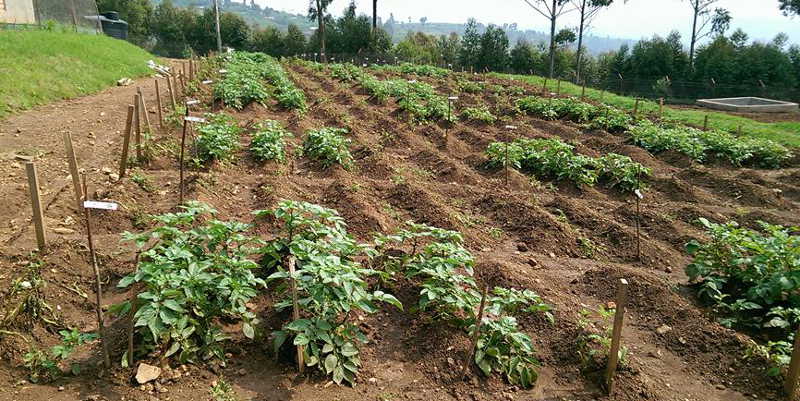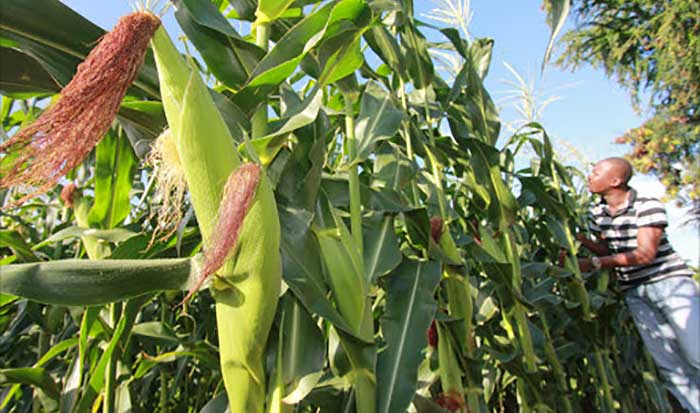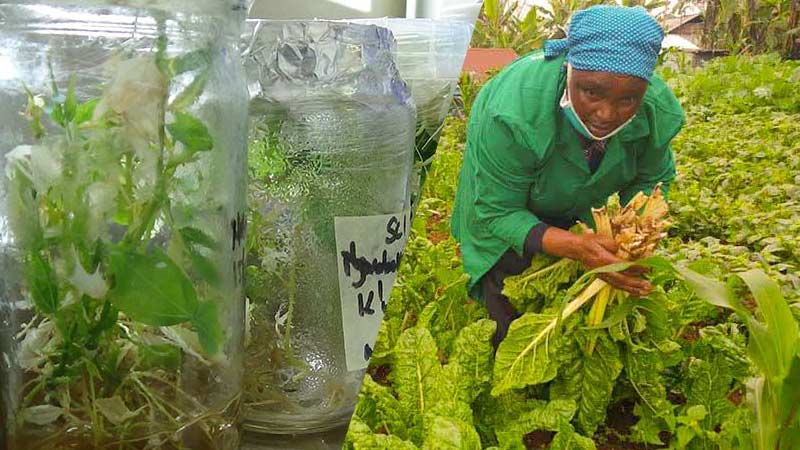Ugandan scientists have developed a new Irish potato variety that is resistant to the devastating late blight disease.
Dr. Andrew Kiggundu, a senior researcher with the National Agricultural Research Laboratories (NARL) at Kawanda says the new variety was developed by his colleagues at Kacwekano zonal agricultural research institute in Kabale.
Kiggundu says the new variety got its resistance to the devastating late blight disease when they introduced genes from a wild Irish potato in Mexico using modern biotechnology tools.
“Late potato blight can destroy up to 100 percent of the crop. But this new variety has proved resistant to the disease, ” said Kiggundu.
The late blight disease earned notoriety for having caused mass starvation in Europe especially in Ireland in the 1840s. The disease is caused by fangus and multiplies very quickly causing rotting of leaves and stems in a matter of days especially during wet and humid conditions.
Currently, farmers control the disease through spraying fungicides which are costly and can be harmful to the environment.
Dr. Kiggundu however warns that the new variety will remain out of reach of farmers who badly need it because of the absence of enabling laws that allow such a product developed using genetic modification tools.
Parliament is yet to pass the Biotechnology and Biosafety Bill that can allow farmers to use such new varieties. Slow progress by policy makers to create an enabling law on modern new crop varieties are impeding access to proven disease resistant/tolerant varieties that have been developed by Ugandan scientists in recent years for bananas, cassava, cotton, maize and Irish potatoes.
A statement from the International Potato Centre that donated the gene noted that: “Twelve highly resistant GM plants of the ‘Desiree’ and local ‘Victoria’ variety have shown extreme levels of resistance compared to the non-GM plants of the same varieties.
It added: “In the confined field trials no fungicide spray was used and after only six weeks all of the non-GM varieties had completely died while all GM potatoes remained unaffected. This first observation of resistance to late blight in the field marks an important milestone in the development and future deployment of biotech potato varieties to farmers in Africa that will reduce losses and reduce cost of production significantly.”
Apart from being the main staple food for Bakiga ethnic group in the mountainous regions of Kabale and Kisoro, Irish potatoes have become increasingly important crop in Uganda thanks to growing urbanisation.
During the off season, Irish potatoes can be imported from as far as Egypt and Kenya to fill the demand gap created by fast food restaurants and a growing working class population that finds Irish potatoes easy to cook and eat.









